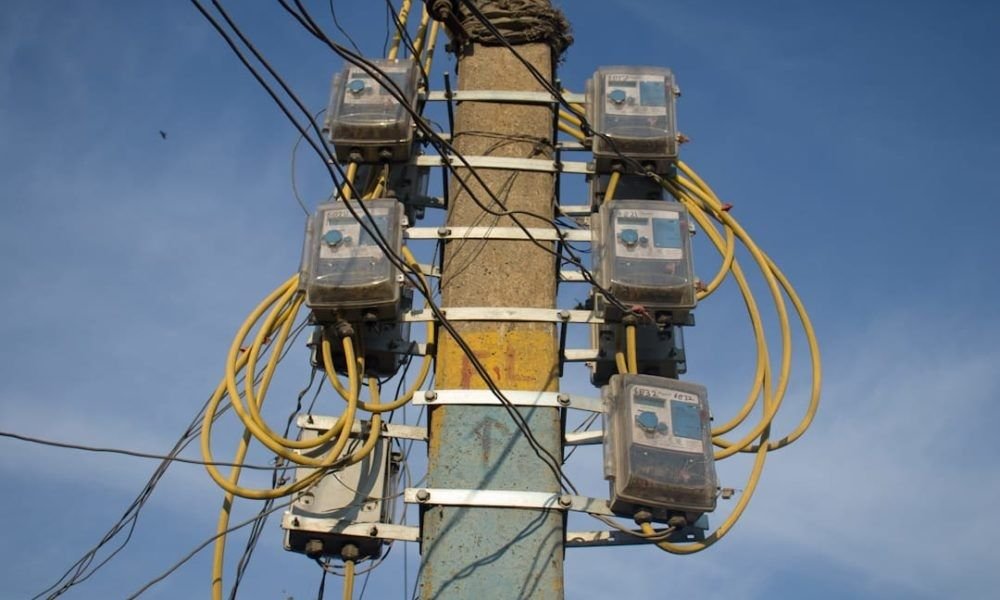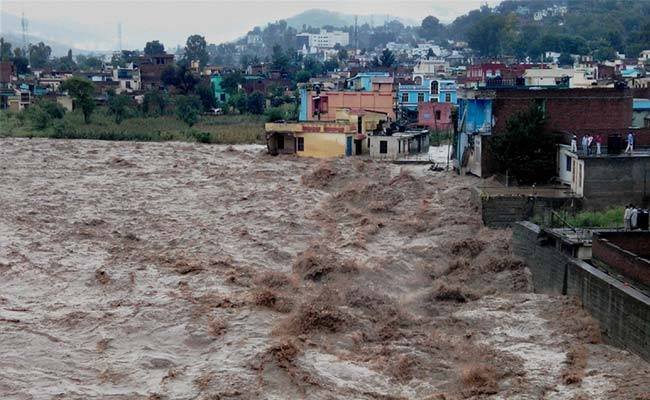Recently, in a landmark decision, Jammu & Kashmir’s State Administrative Council (SAC) has given nod for enactment of stringent law to prohibit Benami property transactions, which otherwise have assumed alarming proportion in Jammu and Kashmir. This can be a major step to eradicate corruption and black money in Jammu & Kashmir.
What constitutes Benami property?
Property that does not stick to the following criteria:
- a) Property held in the name of spouse or child for which the amount is paid out of known sources of income
- b) A joint property with brother, sister or other relatives for which the amount is paid out of known sources of income
- c) Property held by someone in a fiduciary capacity
This means, by law, if you buy a property in name of your parents, too, can be declared as benami.
About J&K Prohibition of Benami Property Transactions Act, 2018
Now, Governor will formally enact the law in exercise of the powers vested under Proclamation No.P-1/18 dated June 20, 2018 within next few days. With this Act, the J&K Benami Transactions (Prohibition) Act, 2010 will get repealed.
According to news report of Daily Excelsior, “whosoever enters into any Benami transaction or avoid payment of statutory dues or avoid payment to creditors, the beneficial owner, Benamidar and any other person who abets or induces any person to enter into the Benami transaction, shall be guilty of the offence under J&K Prohibition of Benami Property Transactions Act, 2018.”
Similarly, any person who is required to furnish information under this Act knowingly gives false information to any authority or furnishes any false document in any proceeding under this Act, shall be punishable with Rigorous Imprisonment for a term which shall not be less than six months but which may extend to five years and shall also be liable to fine which may extend to 10% of the fair market value of the property.
Notwithstanding anything contained in the Code of Criminal Procedure, an offence under this Act shall be non-bailable and non-cognizable.
The Bill further states: “Where a person dies during the course of any proceeding under this Act, any proceeding taken against the deceased before his death shall be deemed to have been taken against the legal representative and may be continued against the legal representative from the stage at which it stood on the date of the death of the deceased.
Stating that any property, which is subject matter of Benami transaction, shall be liable to be confiscated by the Government, the Bill said, “no defence based on any right in respect of any property held Benami, whether against the person in whose name the property is held or against any other person, shall be allowed in any suit, claim or action by or on behalf of a person claiming to be the real owner of such property”.
For exercising jurisdiction, powers and authority under the Act, the Government will appoint one or more Adjudicating Authorities and an Adjudicating Authority shall consist of a Chairperson and at least two other Members, who shall be appointed by the Government on the recommendation of a Search-cum-Selection Committee consisting of Chief Secretary and Administrative Secretaries of Home, General Administration and Law, Justice and Parliamentary Affairs Departments.
The Adjudicating Authority shall not be bound by the procedure laid down by the Code of Civil Procedure but shall be guided by the principles of natural justice and subject to other provisions of the Act. The Authorities, shall, for the purpose of this Act, have the same powers as are vested in a civil court under the Code of Civil Procedure while trying a suit.
Read also: J&K bank finally under RTI
Moreover, the Government shall establish an Appellate Tribunal to hear appeals against the orders of the Adjudicating Authority. The Tribunal shall consist of a Chairperson and two Members, who shall be appointed on the recommendation of a committee consisting of Chief Secretary, Home Secretary, GAD Secretary and Law Secretary.
The Government, in consultation with the Chief Justice of the State High Court, shall for trial of an offence punishable under this Act, shall designate one or more courts as Special Court(s). Any party aggrieved by any decision of the Appellate Authority will be able to file an appeal to the High Court within a period of 60 days.















